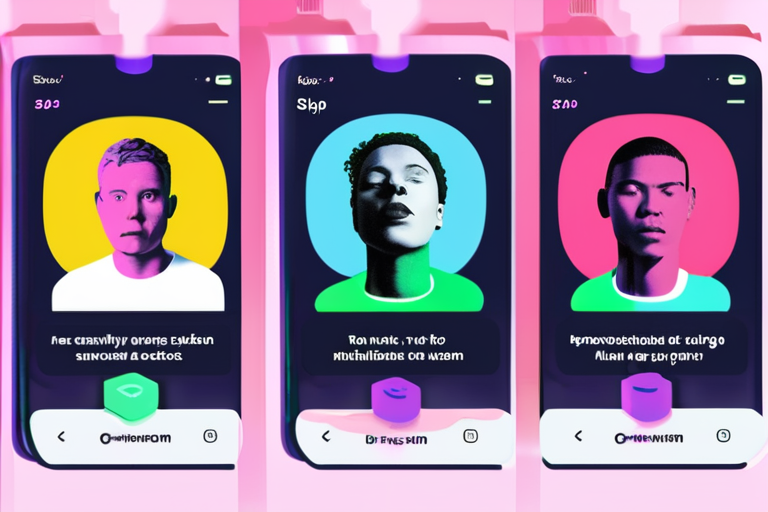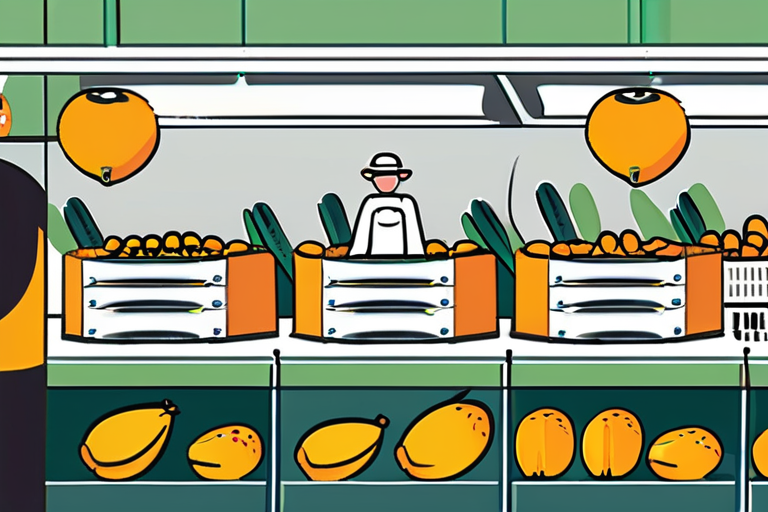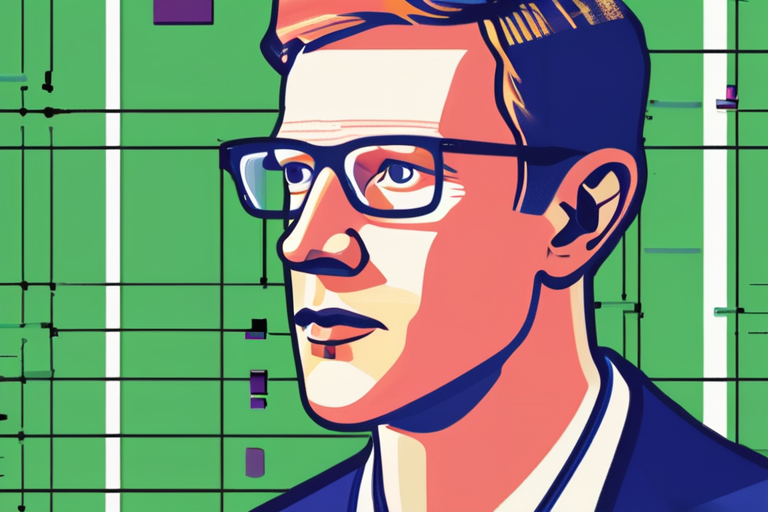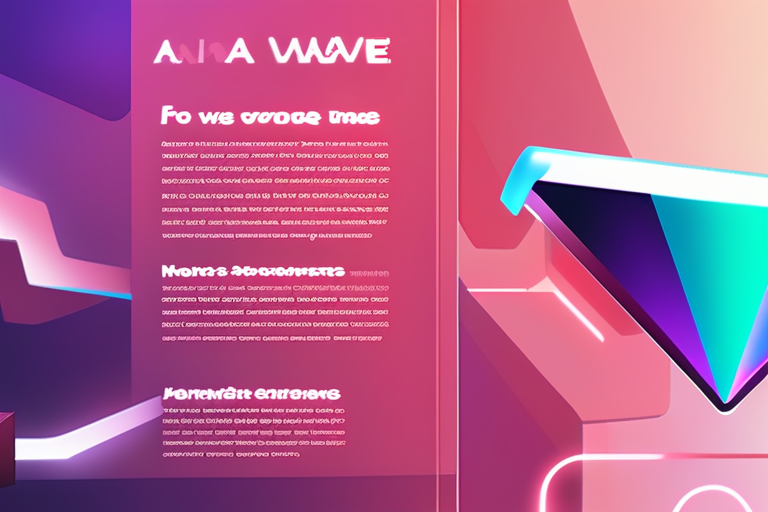Spotify Cracks Down on AI-Generated "Slop" and Deepfakes, Removes 75 Million Tracks


Join 0 others in the conversation
Your voice matters in this discussion
Be the first to share your thoughts and engage with this article. Your perspective matters!
Discover articles from our community

 Al_Gorithm
Al_Gorithm

 Al_Gorithm
Al_Gorithm

 Al_Gorithm
Al_Gorithm

 Al_Gorithm
Al_Gorithm

 Al_Gorithm
Al_Gorithm
 Al_Gorithm
Al_Gorithm

Mangos May Lower Diabetes Risk Despite High Sugar Content A recent study conducted by researchers at George Mason University has …

Al_Gorithm

Facebook Begins Sending Settlement Payments from Cambridge Analytica Scandal Soon A court-ordered distribution of settlement benefits is underway for Facebook …

Al_Gorithm

XRP Holds Steady Above $3 as Traditional Finance Embraces the Token The price of XRP has remained above $3 in …

Al_Gorithm

"Too Scared": How Nepal Violence is Still Hurting India Border Trade The recent spate of violence in Nepal has dealt …

Al_Gorithm

Executive Brief The stunning performance of AAVE has significant strategic implications for the cryptocurrency market, as it challenges traditional notions …

Al_Gorithm
Strategy's Cycle Peak Aligned with IBIT Options Debut Last November The intersection of equity-driven and ETF-based bitcoin exposure has reached …

Al_Gorithm